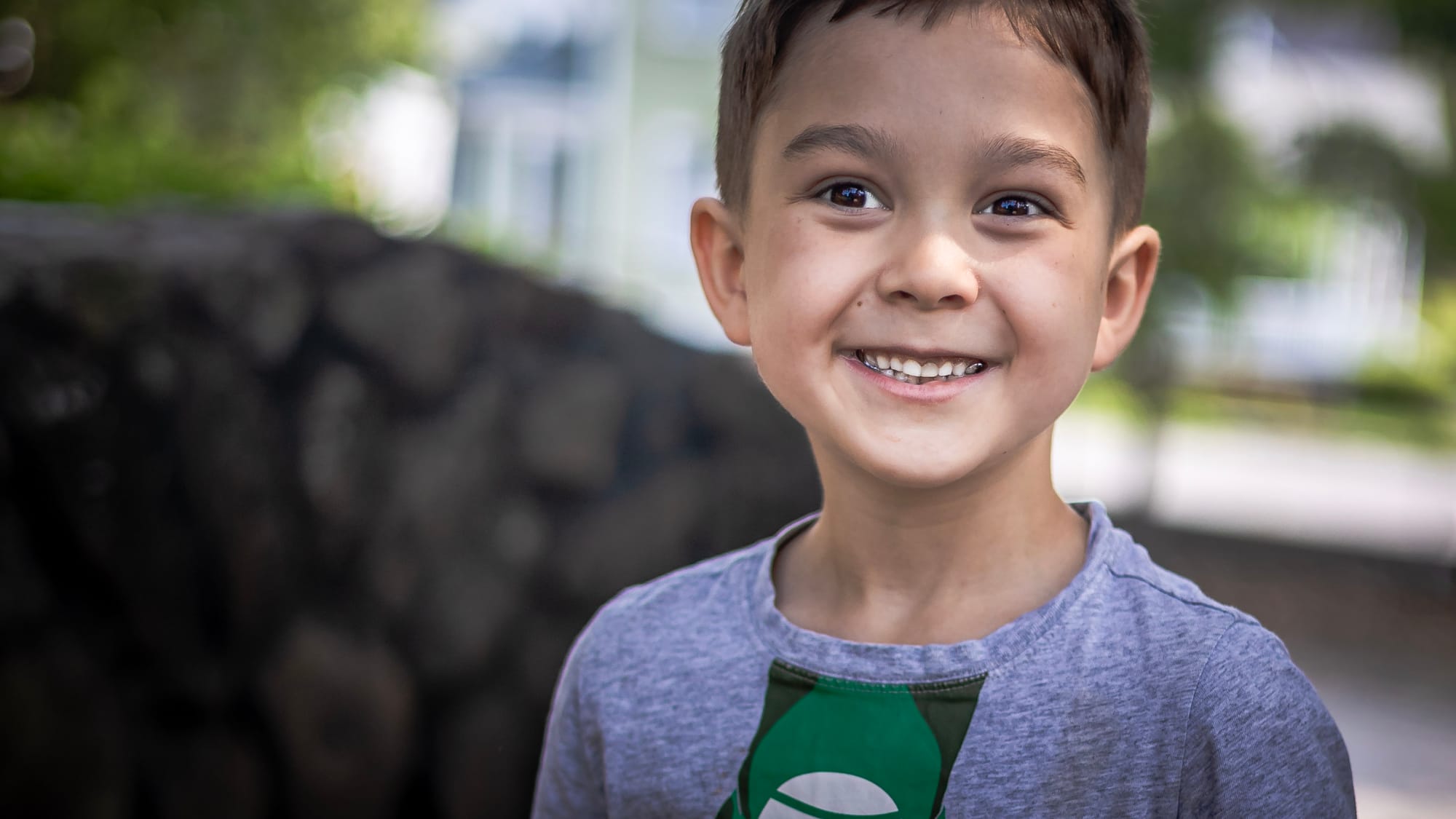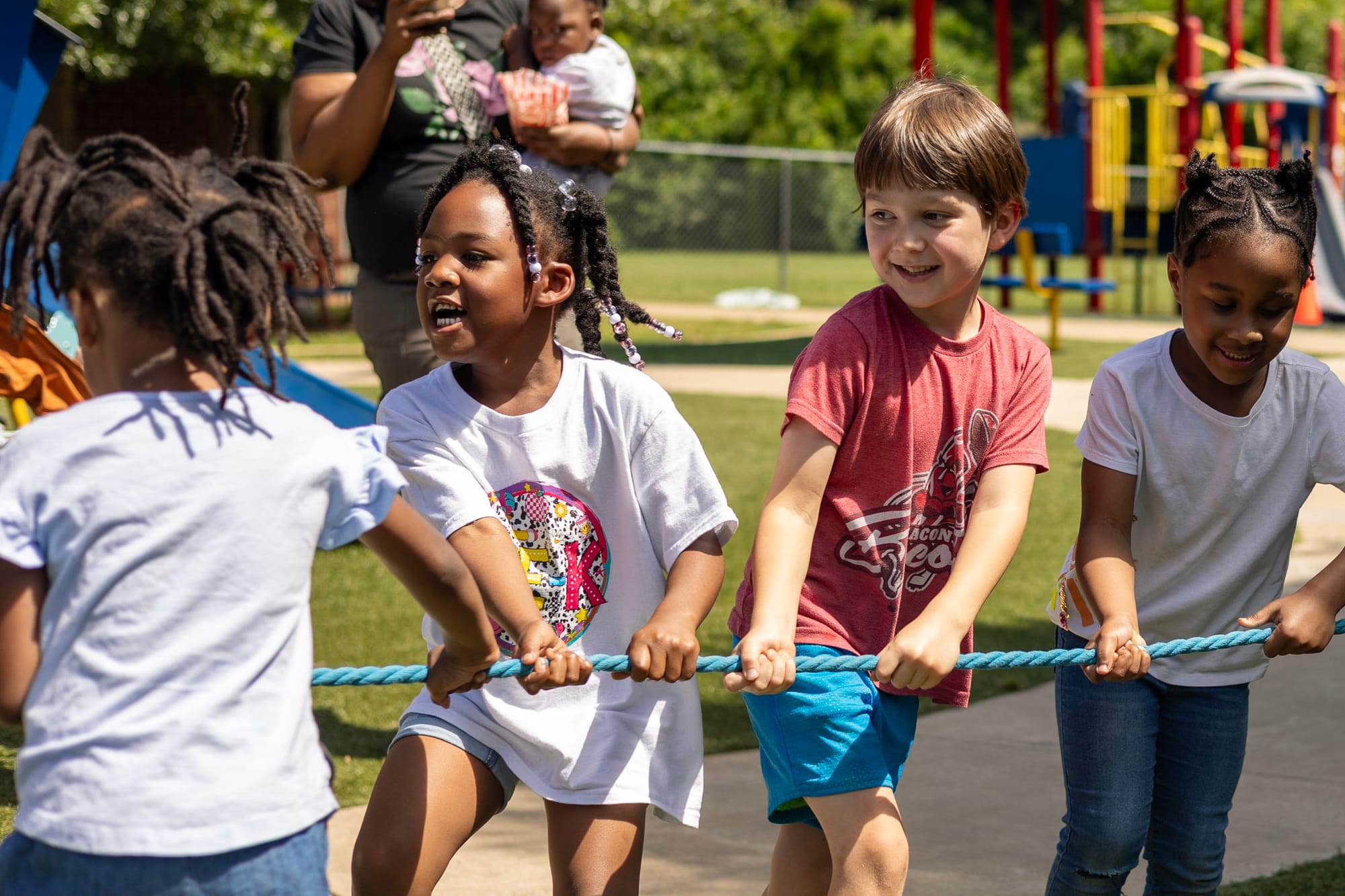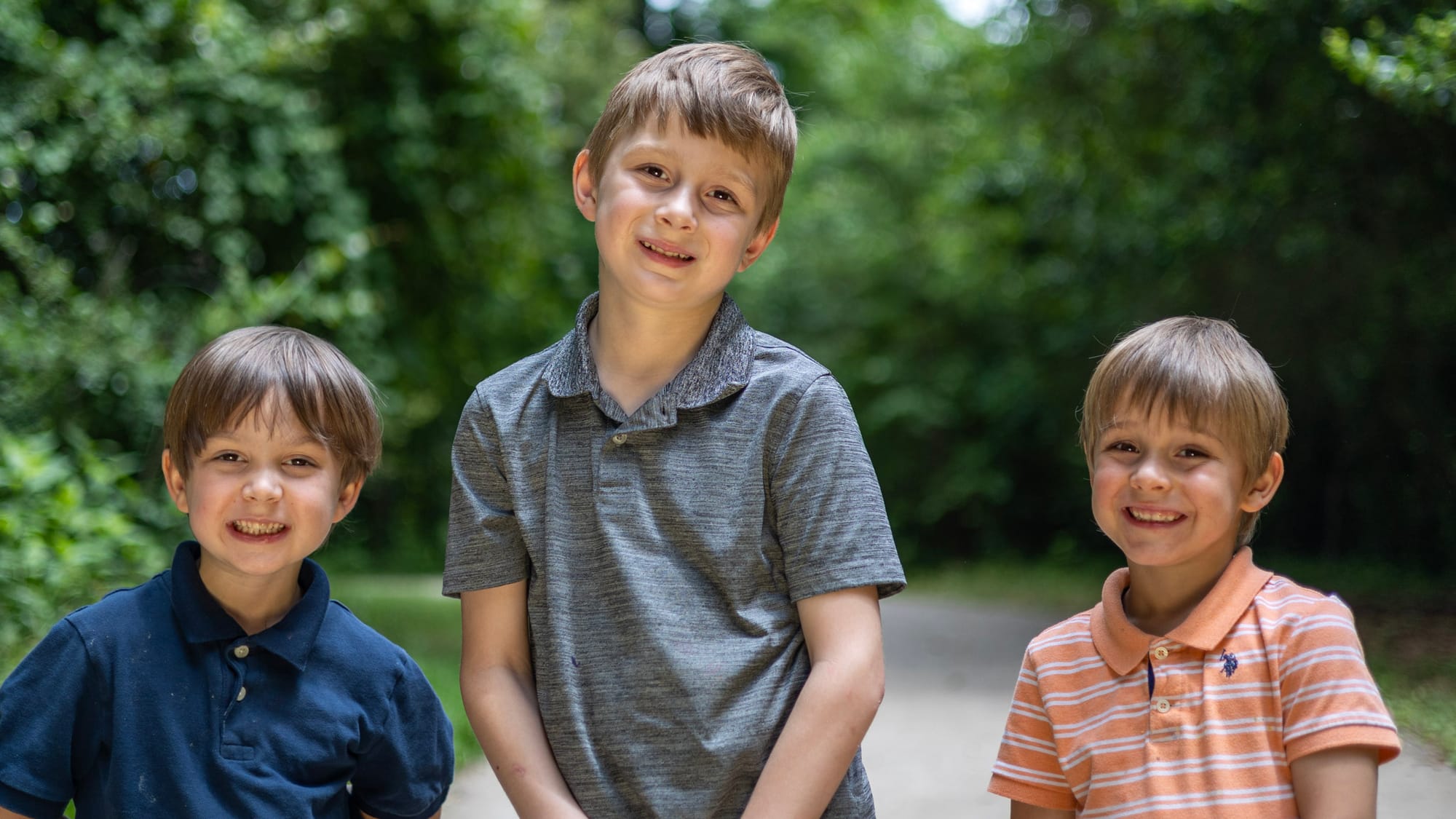Introducing the Better Schools, Brighter Futures Series: Learning from Schools that Beat the Odds
Help make Bibb County schools the best they can be. Learn how strong leadership, high expectations, and community support can transform our schools. Join the conversation and be part of the solution. #Built4Bibb

As parents and community members in Bibb County, we all want our local schools to thrive. We celebrate our schools’ successes and also see areas where things could be better. But what exactly makes one school more effective than another? About a decade ago, a Mercer University researcher, Jessica H. Garcia, asked this very question in her 2014 dissertation titled “My School Is Better Than Yours.” She studied two high-poverty Georgia elementary schools that “beat the odds”, schools that succeeded academically despite challenges like poverty and high student turnover. Garcia’s research found that even in a struggling district, certain key factors helped those schools excel: supportive leadership (principals and staff who lead with integrity and care), high expectations for every child (a belief that all students can achieve rigorous standards), and a caring school climate where students feel safe and valued by their teachers. In other words, many of the ingredients for success are within a school’s control and there are specific ways to develop those traits through strong principals, dedicated teachers, engaged parents, and community support.
Fast forward to today: how can we apply these lessons here in Bibb County, in our public elementary schools? This blog series will explore actionable ways to improve our local schools, especially Alexander II Magnet School and Springdale Elementary, two schools often held up as examples of excellence. (Alexander II is currently ranked the #1 elementary school in the district and rated 9/10 for quality, and Springdale is also one of the top performers, both even outpaced the state average on recent test scores.) We’ll look at what these and other schools are doing right, and how we can replicate their success across the district. Each post in the series will dive into a specific topic, backed by up-to-date data and research (2014–2024) from sources like the Bibb County School District reports, the Georgia education dashboards, and stories from local news outlets. Our goal here is to keep the tone community-focused and accessible, think of it as parents learning and brainstorming together, while also providing insights that teachers, principals, and policymakers might find useful.

What’s ahead in this series?
Teamwork, that's what
Below is a preview of the upcoming topics we’ll be covering. These are the areas that research (and common sense) suggest can make a real difference in our schools. Each topic will include practical ideas for parents, community volunteers, and school leaders to help turn principles into action right here in Bibb County. We also may have some special topics that might be covered as a result of feedback or requests, so please send in your questions and comments!
- Strong Leadership, Strong Schools: How Principals and Teachers Set the Tone for Success. We’ll discuss the impact of supportive school leadership, from visionary principals to teacher leaders. What does it look like when a school’s leadership truly supports its staff and students? (For example, recent events at Alexander II, where parents protested losing a beloved principal, show how much a supportive leader means to a school’s success and stability.) This post will highlight ways that effective leadership and a shared vision can drive a school forward, and how we can encourage and retain great leaders in our schools.
- Supporting Teachers: What our educators need and what they don’t. A big part of any successful school is having teachers who feel respected, supported, and trusted. Garcia’s research shows that the teachers in beat-the-odds schools weren’t superheroes – they were regular people who were trusted to do their jobs well. They had the freedom to teach in ways that worked for their students, and they were backed by principals who helped them, not micromanaged them.
- High Expectations for Every Student: Creating a Culture of Achievement. Research shows that schools where all students are held to high expectations tend to outperform those that make excuses for failure. In this post, we’ll explore how setting ambitious academic standards and backing them up with the right support helps children excel. We’ll look at examples of Bibb County teachers “going the extra mile” to help every student succeed, and how families can reinforce high expectations at home by encouraging and celebrating academic effort.
- A Caring School Climate: Nurturing a Safe and Supportive Environment. A caring school climate one where students feel safe, respected, and genuinely supported is a foundation for learning. We’ll talk about how elements like positive relationships, school pride, and social-emotional support can transform a school’s atmosphere. What are local schools doing to make children feel they belong (and what could they do better)? From buddy programs to anti-bullying initiatives, this post will share ideas for fostering an environment where kids love to learn. (Garcia’s study noted that in beat-the-odds schools, teachers and staff were deeply committed and caring toward students, we want that for all our schools.)
- Engaging the Community: Volunteers & Partnerships in Action: “It Takes a Village” to raise a child, and to run a great school! This topic will highlight creative ways schools can involve community volunteers, including parents, grandparents, and even folks with no kids in the school. We’ll celebrate existing volunteer efforts, like reading tutors, mentoring programs, or local businesses “adopting” a school, and brainstorm new ones. One exciting example: a new Bibb program is recruiting retired teachers to volunteer as reading tutors for struggling students. We’ll discuss how initiatives like these can boost student success, and provide tips on how you can get involved or support your school (even if you only have a few hours to spare).
- Safe and Supportive: The Role of Campus Police in School Culture: More than just security, building trust and safety. School Resource Officers (campus police) are a daily presence in our schools, including elementary campuses. How can they contribute to a safe, supportive school culture? In this post, we’ll look at the balance between security and approachability. Done right, campus police can be partners in creating a positive environment, for instance, by building relationships with students and heading off problems before they start. We’ll share any local developments (such as new safety measures or training in Bibb schools) and consider how officers can help students feel secure without feeling intimidated.
- Overcoming Challenges: Supporting Students Through Poverty and Mobility: Helping children thrive despite adversity. Many Bibb County schools serve neighborhoods with high poverty rates, and some families move frequently, causing students to switch schools often. These factors can make learning harder, but as some schools have proven, it’s possible to overcome them. In this post, we’ll discuss strategies to support students who face economic hardship or frequent transitions. Ideas include community partnerships to provide resources (like food, clothing, or after-school care), mentoring programs for at-risk kids, and school initiatives to quickly integrate and support new students. We’ll look at data on student mobility and poverty in our district and highlight any bright spots, schools that have narrowed achievement gaps or “beaten the odds” in spite of these challenges. What are they doing that others can learn from? By sharing these insights, we hope to spark collaboration in helping all our children succeed, no matter their circumstances.
- Spotlight on Success: Lessons from Alexander II and others: What we can learn from our top-performing schools. In this capstone topic, we’ll take a closer look at Alexander II Magnet School and others, how they consistently achieve strong results, and what practices or mindsets set them apart. Are there innovative teaching methods, a special culture, or community support systems at these schools that could be replicated elsewhere? We’ll use public data (test scores, awards, “Beat the Odds” ratings) to illustrate their performance, and, more importantly, tell the stories behind the numbers. This post will tie together themes from the series (strong leadership, high expectations, community engagement, etc.) by showing how they manifest in our local success stories. The goal is to inspire other schools in the district with ideas that have proven effective right here in Macon.

Why does this all matter?
Because every child in Bibb County deserves an excellent education, and we, parents, educators, and community members have the power to make our schools better. Over the coming weeks, as we unpack each of these topics, we invite you to join the conversation. Have an idea or example to share? Drop it in the comments or reach out. This series is meant to spark a community dialogue around our schools. Some of the data might show we have a long way to go, but by learning from research and from each other, we can take concrete steps toward improvement.
Stay tuned for the first full post in the series, and let’s work together to ensure all our local elementary schools become places we’re proud to say are getting better every day, maybe one day every school in Bibb County shining example to the rest of the state!
Read more:
Garcia, Jessica Heather. My School Is Better Than Yours: Perceptions of Students, Teachers, Principals, and Parents of Low-Income Transient Effective Schools. 2014.